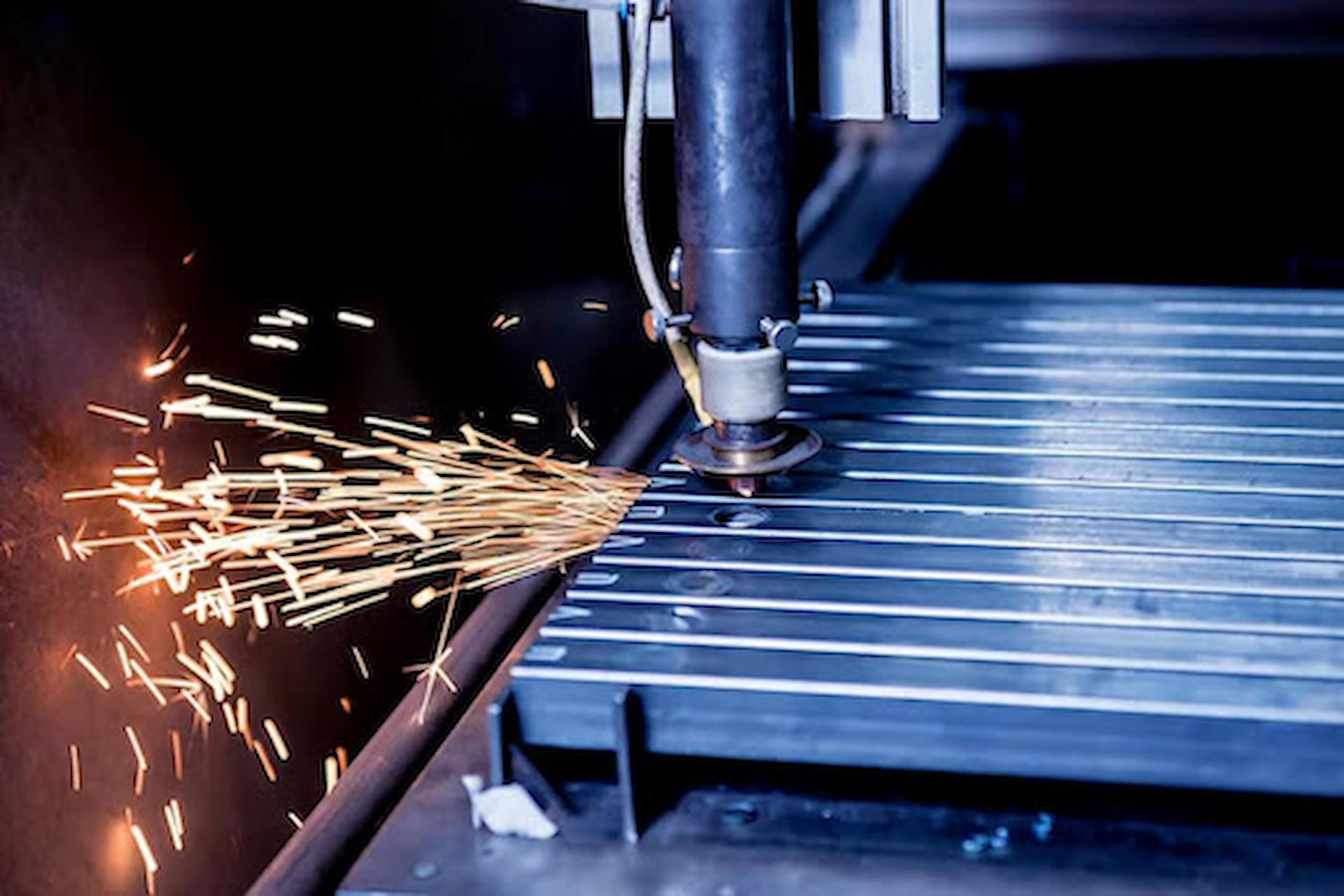Metal fabrication is essential to construction and industry. This guide explores how the expert metal fabricators at Anglian Pipework bring skill, safety, and quality to complex projects. Discover their approach to precision work, industry demands, and how they support essential infrastructure daily.
Metal fabrication is critical in modern construction, manufacturing, and infrastructure projects. Whether building sturdy frameworks for industrial facilities or crafting precision components for piping systems, the job requires skill, precision, and experience. Among the many companies involved in this field, metal fabricators at Anglian Pipework have built a reputation for consistent workmanship and reliable output. This article explores their role, expertise, and importance in various industries, while highlighting what makes their work stand out.
Understanding Metal Fabrication
Metal fabrication involves creating structures or parts by cutting, bending, and assembling metal materials. This includes everything from small, detailed components to large, structural frameworks used in factories or utility plants.
Fabricators use manual skills and machine tools to transform raw materials such as steel, aluminum, or stainless steel into finished products. These products may serve a wide range of sectors, including:
- Construction
- Energy and utilities
- Chemical and pharmaceutical industries
- HVAC and mechanical services
Because of the wide range of applications, precision and safety are essential in every project. Fabricators must work within strict standards and tolerances, ensuring the final product is functional and long-lasting.
Core Skills of a Professional Metal Fabricator
Metal fabricators must combine technical knowledge with practical experience to ensure quality results. Here are some of the key skills required:
- Reading technical drawings and blueprints: Accurate interpretation of plans is essential for creating components that meet design specifications.
- Precision cutting and welding: This includes methods such as MIG, TIG, and arc welding, as well as plasma or laser cutting.
- Shaping and assembling: Components must be shaped, bent, or formed precisely before being welded or bolted together.
- Material selection: Choosing the correct type of metal ensures strength, durability, and corrosion resistance.
- Safety awareness: Working with heavy tools and hot materials requires constant attention to workplace safety.
These skills are honed through years of practice, often through apprenticeships and on-site experience in demanding environments.
Industrial Applications and Demands
Fabricated metal components are in constant demand across various industries. In sectors like oil and gas, water treatment, and chemical processing, precise pipework and metal structures are crucial for safe and effective operation.
Fabricators contribute to:
- Pipe supports and brackets
- Ductwork and ventilation systems
- Industrial tanks and vessels
- Framing and steel structures
- Custom-made components for unique machinery
Since many projects are custom-designed, fabricators must be adaptable and creative in their problem-solving approach. They must respond quickly to changes and ensure every part fits seamlessly into the larger system.
What Sets Skilled Fabricators Apart
The metal fabricators at Anglian Pipework are known for upholding high standards of quality and workmanship. They work closely with engineers and project managers to deliver components that meet exact specifications. Their attention to detail ensures all fittings, joints, and welds are perfectly aligned and safe under pressure.
Here’s what makes them particularly effective:
- In-depth technical knowledge: Fabricators understand different grades of metal, how they react under stress, and the best methods for joining or shaping them.
- Use of modern equipment: From CNC cutting tools to hydraulic press brakes, modern tools increase accuracy and reduce errors.
- Commitment to timelines: Timely delivery is often crucial in large projects. Experienced fabricators know how to meet deadlines without compromising quality.
- Collaboration with other trades: Fabricators often work alongside plumbers, engineers, and technicians. Clear communication and teamwork are essential for smooth progress.
Their ability to work under pressure while maintaining high standards sets them apart in demanding environments.
Safety and Compliance in Fabrication Work
Working in fabrication requires strict adherence to safety protocols. Hot work, heavy lifting, and operating powerful machinery present risks that must be managed carefully.
Fabricators follow industry regulations related to:
- Welding safety
- Metal cutting procedures
- Handling of hazardous materials
- Personal protective equipment (PPE)
- Site safety and risk assessments
Moreover, projects are often subject to external inspections or third-party audits. Ensuring compliance with building codes, environmental regulations, and quality standards is a daily routine.
Training and Continuous Development
Fabricators must undergo continuous learning to maintain high standards. Many begin with technical education in welding, fabrication, or mechanical engineering. However, they truly develop expertise through hands-on experience in the field.
Over time, fabricators may train in:
- New welding techniques or certifications
- Updated safety regulations
- Digital fabrication methods
- Working with new materials or alloys
Such learning ensures that fabricators stay current with industry demands, even as technologies and standards evolve.
Challenges in Modern Metal Fabrication
Despite advances in technology, metal fabrication continues to face several challenges:
- Material costs: Fluctuations in the price of steel or aluminum can affect project budgets.
- Labour shortages: Skilled tradespeople are in high demand, and training new fabricators takes time.
- Tight deadlines: Construction and infrastructure projects often operate under strict timeframes.
- Precision demands: Tolerances for particular components are incredibly tight, requiring attention to minute details.
However, with experienced professionals and well-structured processes, these challenges can be overcome effectively.
Supporting Complex Infrastructure Projects
Fabricators’ contributions are often hidden, but they are vital. Every secure pipe joint, ventilation duct, or support frame has passed through skilled hands before being installed on-site. Their work supports critical infrastructure, from water treatment plants to energy facilities.
The foundation must be strong when systems need to function without fail for decades. That’s where quality fabrication makes a real difference. Mistakes at this stage can lead to costly delays or safety hazards later.
Looking to the Future of Fabrication
The future of metal fabrication lies in a blend of craftsmanship and technology. As automation and computer-aided design (CAD) become more common, fabricators must adapt without losing the hands-on skills that define their trade.
We can expect to see:
- Greater use of robotics and automated welding
- Digital layout and modeling tools
- Improved safety and precision through smart machines
- More sustainable fabrication practices
Yet, no matter how advanced the tools become, the experience and judgment of a seasoned fabricator will remain irreplaceable.
Conclusion
Metal fabrication is the backbone of many essential industries. From initial design to final installation, it requires technical skill, focus, and pride in one’s work. The metal fabricators at Anglian Pipework demonstrate all these qualities. Their attention to quality and detail ensures that critical infrastructure projects are completed safely and on time.
As the industry continues to evolve, the value of experienced, well-trained fabricators remains unchanged. With their expertise and reliability, they help shape the systems that keep our world running.




